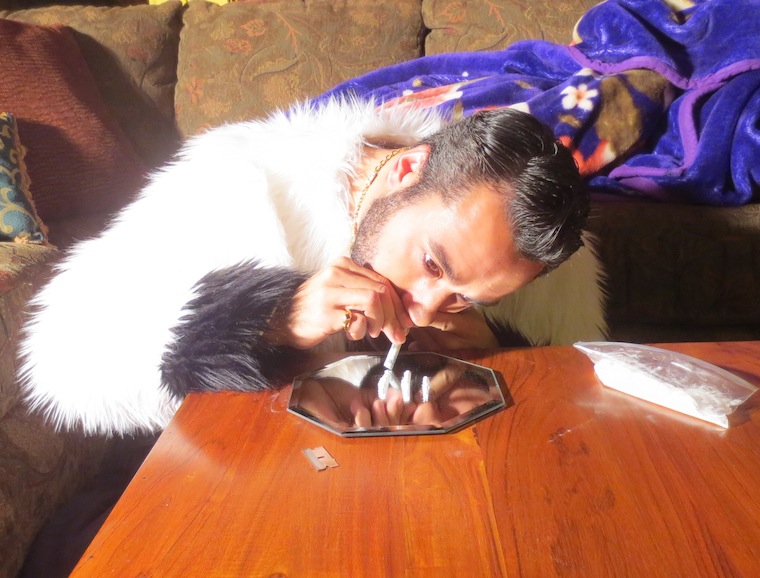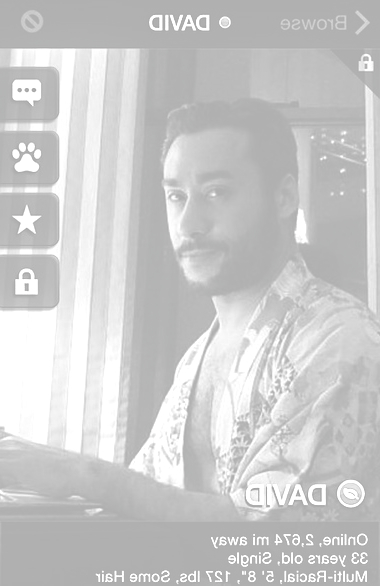“Somewhere, right at the bottom of one’s own being, one generally does know where one should go and what one should do. But there are times when the clown we call “I†behaves in such a distracting fashion that the inner voice cannot make its presence felt.â€
― C.G. Jung
There’s nothing like an imposter to make you take a look at yourself and how ridiculous you might actually be. Such was the case when a fake Twitter Alan Ilagan cropped up on my feed the other day. At first, I was flattered and amused – the mark of any supposedly-vain soul – and more than a little curious. Who would dare try to be me? More importantly, who might want to?
The person behind the account certainly seemed to have a grasp on who I was, at least of the caricature I tend to portray when online. It got me to dwelling a bit on the online personae we create for ourselves. The internet entity that you know as Alan Ilagan – and that I’ve worked rather doggedly hard on crafting as Alan Ilagan – has little resemblance to the scared little boy that I hide in the deep protected fathoms of my heart. I don’t show that guy to the world because he can’t handle the evils of everything on the internet. The anonymous trolls that social media has brought forth from the darkest pools of hatred would have a field day if I didn’t protect myself with a coat of aloof armor, and an arsenal of sarcasm that puts most of any ignorant attackers to bed before they know they’ve been tucked in.
“Everything that irritates us about others can lead us to an understanding of ourselves.†― C.G. Jung
Yet as I read some of the tweets from the fake “Real Alan Ilagan” I was struck by how easily some of them might have slipped out of my mouth. How far had I strayed from the real me when engaging on FaceBook and Twitter, and, to a lesser extent as I’m a little more honest in this space, right here on this blog? As I examined my own ridiculousness I had to own up to a few things – the first of which was how often I am just that – utterly ridiculous. And I’m ok with that. Luckily, much of it is an exaggeration of myself, done mainly for entertainment – yours and mine.
An examination of our selfie-obsessed selves, James Franco-style, always runs the risk of producing accusations of vanity and hubris – yet that is precisely the result of today’s technology and the online world, where the ease of a camera-phone and the ability to share images with the entire planet can make us all “celebrities” in a certain respect. The likes and the views and the visitors, the easy access to instant love and mass adoration, like waves of applause washing over Eve Harrington – it all feels so seductive, and it’s easy to get photoshopped up into believing all of this is real. Which brings me back to internet impostors.

There’s always someone behind you. Sometimes they want to help, sometimes they want to hurt, sometimes they want to play, and sometimes that want to push. Sometimes it’s you, and sometimes it’s me, and sometimes it’s someone we’ve never even met.
You can pretend to be real, but do you even exist? There’s only one way to show yourself to the world, and you can’t do it by revealing yourself or your face or even by taking off all your clothes. You can only do it by revealing your heart.
“Be silent and listen: have you recognized your madness and do you admit it? Have you noticed that all your foundations are completely mired in madness? Do you not want to recognize your madness and welcome it in a friendly manner? You wanted to accept everything. So accept madness too. Let the light of your madness shine, and it will suddenly dawn on you. Madness is not to be despised and not to be feared, but instead you should give it life…If you want to find paths, you should also not spurn madness, since it makes up such a great part of your nature…Be glad that you can recognize it, for you will thus avoid becoming its victim. Madness is a special form of the spirit and clings to all teachings and philosophies, but even more to daily life, since life itself is full of craziness and at bottom utterly illogical. Man strives toward reason only so that he can make rules for himself. Life itself has no rules. That is its mystery and its unknown law. What you call knowledge is an attempt to impose something comprehensible on life.â€
― C.G. Jung





































